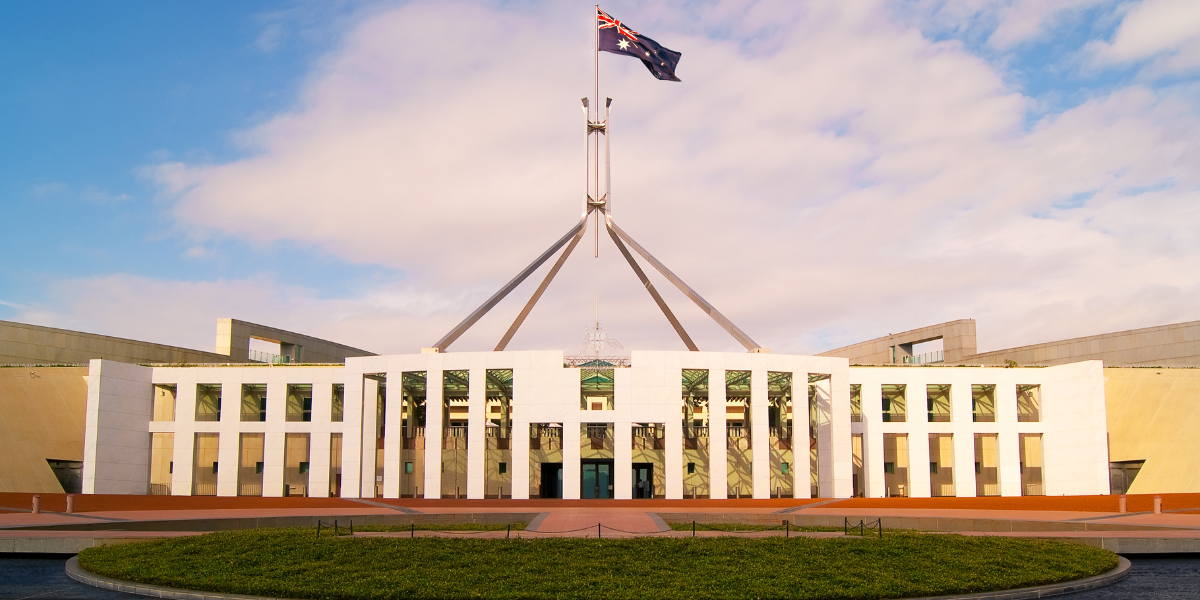On 24 June 2015 the International Monetary Fund (IMF) issued a concluding statement at the end of discussions with Australia under Article IV of the IMF’s articles of agreement.
The strong income growth of the past two decades has slackened off as a result of the decline of the resource investment boom and the fall in the terms of trade. Incomes should begin to rise with stability in the terms of trade but at a lower rate than before. Australia must take advantage of its potential by supporting demand and boosting productivity. More strength should be built up in the financial system to reduce risks of disruption.
Tax reform is considered to be a key policy lever. The IMF considers that a comprehensive tax reform could increase economic growth and raise more revenue. The package should in the opinion of the IMF include a number of elements to increase simplicity, fairness and efficiency.
Australia should move towards simpler and more effective taxes. This would particularly involve preventing individual taxpayers moving into higher rates of tax through bracket creep as this affects those on low and middle incomes the most. The rate of corporation tax should be reduced to a level that is on a par with international rates. Stamp duties and minor taxes should be eliminated.
To pay for this tax reform the IMF considers that Australia should widen the base for the goods and services tax (GST) and consider raising the GST rate while compensating low income groups. More reliance should be placed on broad based taxes on real estate and on excise duties.
Some reforms are needed to ensure fairness in the tax system. The concessional treatment of superannuation contributions and earnings for high income groups and the discount on capital gains could be reduced. This would also increase tax revenue and increase the affordability of housing. Policies along these lines could be introduced at the same time as efficiency reforms to ensure that all the reforms are phased in together and well calibrated.
In the opinion of the IMF adjustments are needed to the relationship between the federal and State levels of government as this will facilitate the tax reform. There are various options available including the possibility of allowing the States to receive higher GST revenue and autonomy with greater responsibilities for spending.













